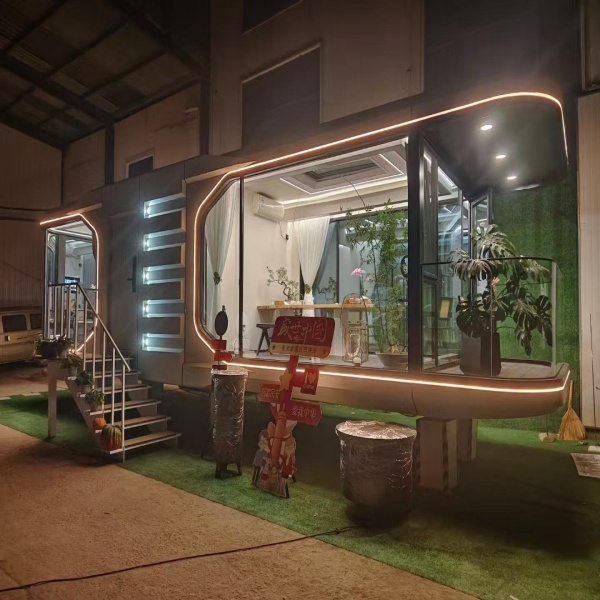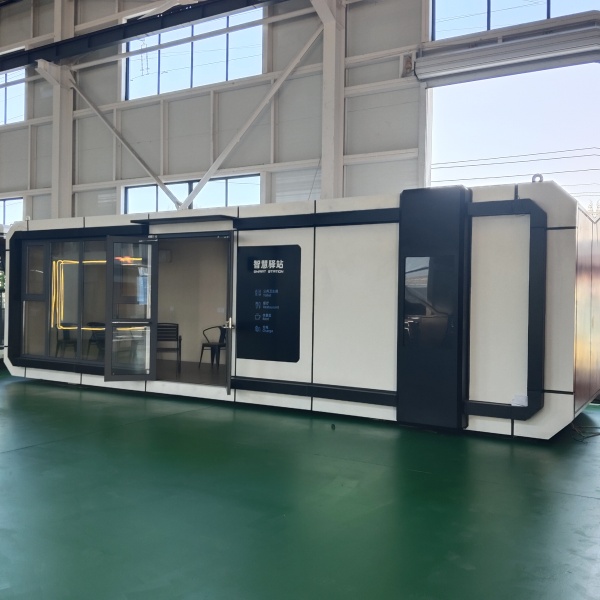-
E-mail
Austin120521@outlook.com -
E-mail
sales@jujiuhouse.com -
Telephone
+86-17864099991 -
Telephone
+86-17854044442
- Chinese
- French
- German
- Portuguese
- Spanish
- Russian
- Japanese
- Korean
- Arabic
- Irish
- Greek
- Turkish
- Italian
- Danish
- Romanian
- Indonesian
- Czech
- Afrikaans
- Swedish
- Polish
- Basque
- Catalan
- Esperanto
- Hindi
- Lao
- Albanian
- Amharic
- Armenian
- Azerbaijani
- Belarusian
- Bengali
- Bosnian
- Bulgarian
- Cebuano
- Chichewa
- Corsican
- Croatian
- Dutch
- Estonian
- Filipino
- Finnish
- Frisian
- Galician
- Georgian
- Gujarati
- Haitian
- Hausa
- Hawaiian
- Hebrew
- Hmong
- Hungarian
- Icelandic
- Igbo
- Javanese
- Kannada
- Kazakh
- Khmer
- Kurdish
- Kyrgyz
- Latin
- Latvian
- Lithuanian
- Luxembou..
- Macedonian
- Malagasy
- Malay
- Malayalam
- Maltese
- Maori
- Marathi
- Mongolian
- Burmese
- Nepali
- Norwegian
- Pashto
- Persian
- Punjabi
- Serbian
- Sesotho
- Sinhala
- Slovak
- Slovenian
- Somali
- Samoan
- Scots Gaelic
- Shona
- Sindhi
- Sundanese
- Swahili
- Tajik
- Tamil
- Telugu
- Thai
- Ukrainian
- Urdu
- Uzbek
- Vietnamese
- Welsh
- Xhosa
- Yiddish
- Yoruba
- Zulu
- Kinyarwanda
- Tatar
- Oriya
- Turkmen
- Uyghur

China portable fold out houses
Understanding the Rise of China’s Portable Fold Out Houses
When discussing the innovation in China’s modern housing solutions, portable fold out houses usually grab the spotlight. These structures have truly revolutionized how we perceive housing—it's not merely about temporary shelters anymore. In the landscape of urbanization and mobile living, companies like Shandong Jujiu Integrated Housing Co., Ltd. play pivotal roles. But what’s the real essence behind these structures, and why are they gaining traction?
What Are Portable Fold Out Houses?
At its core, a portable fold out house is designed for ease of transport and rapid deployment. You’ve essentially got functionality and form packed into something that can be expanded on site. I remember one project where a foldable house was set up in just a couple of hours— a far cry from brick and mortar constructs. This ability to be quickly erected and dismantled is not just convenient; it’s revolutionary.
When I visited Shandong Jujiu Integrated Housing Co., Ltd., I was truly impressed by their dedication to sustainability and innovation. Their approach integrates cutting-edge design with practical engineering. The houses are not just practical; they’re surprisingly robust too. Jujiu’s products, which you can check at their website, exemplify this beautifully.
But there are caveats. One common misconception is that these homes are flimsy or temporary. In reality, companies like Jujiu have crafted buildings that withstand various climates and conditions — a testament to their durable designs and high-quality materials.
The Evolution and Design
The design philosophy behind these structures is fascinating. The portability isn’t just a gimmick; it’s an answer to urban challenges—land scarcity, housing affordability, and temporary accommodations during disasters. I’ve seen these houses deployed not just in rural areas, but in bustling megacities too. It’s this versatility that sets them apart.
Shandong Jujiu stands out due to their commitment to research and development. We're talking about an industrial enterprise that marries R&D with practicality. Their drive to constantly optimize designs is evident in their projects. I was once shown how they incorporate local materials to maintain ecological balance, a nuance often overlooked in large-scale productions.
Yet, there’s still skepticism. Many wonder about insulation standards or ease of customization. Truth be told, customization is another strong suit here. These structures can be tailored for various needs, be it a family home or a mobile office.
Applications Across Different Sectors
One of the most captivating aspects of these houses is their adaptability. Whether you are in construction, education, or disaster relief, there’s probably a version out there suited for your needs. During my visit to several project sites, I saw fold out houses used as pop-up classrooms and eco-friendly offices. The adaptability is almost limitless.
A typical example is in disaster-stricken areas, where speed is crucial. These portable solutions offer rapid, adaptable relief while maintaining a semblance of permanency and comfort. I encountered a project where the local government partnered with companies like Jujiu to offer swift housing relief post-disaster.
On the economic front, these structures present a compelling proposition. Upfront costs are lower, and maintenance tends to be minimal. This is largely due to the robust production processes employed by leading firms such as Shandong Jujiu.
The Challenges and Considerations
Of course, it's not all smooth sailing. Regulatory hurdles can be significant, different regions impose various building codes and standards. One has to contemplate local compliance during initial planning. It’s a headache sometimes, but companies like Jujiu, with their expansive knowledge and experience, tend to navigate these waters well.
Moreover, it's crucial to ensure that quality isn’t compromised for cost savings. While the market is getting crowded, sticking with reputable manufacturers ensures that standards are consistently met. That’s why, in my opinion, investing in proven players like Shandong Jujiu provides peace of mind.
There are also logistical challenges. From transportation costs to site preparation, prospective buyers need a clear understanding of associated expenses. Experience has taught me that underestimating these factors can lead to budgetary surprises down the line.
The Future of Housing: A New Era?
Looking forward, the prospects for fold out houses in China—and globally—seem promising. The notion of plug-and-play housing is becoming increasingly appealing. With urban density issues escalating, these portable solutions are set to play a key role in future urban planning.
As the market evolves, innovations will continue to emerge. I foresee tech integrations like IoT-enabled smart homes being a natural progression. For now, the focus remains on quality and scalability, areas where Shandong Jujiu leads by example.
Still, we’re only scratching the surface. Imagine a future where fold out homes aren’t just alternatives but primary housing solutions. It’s not far off. And that’s what makes this sector so exciting. The combination of flexibility, innovation, and practicality is increasingly hard to ignore.
Related products
Related products
Best selling products
Best selling products-
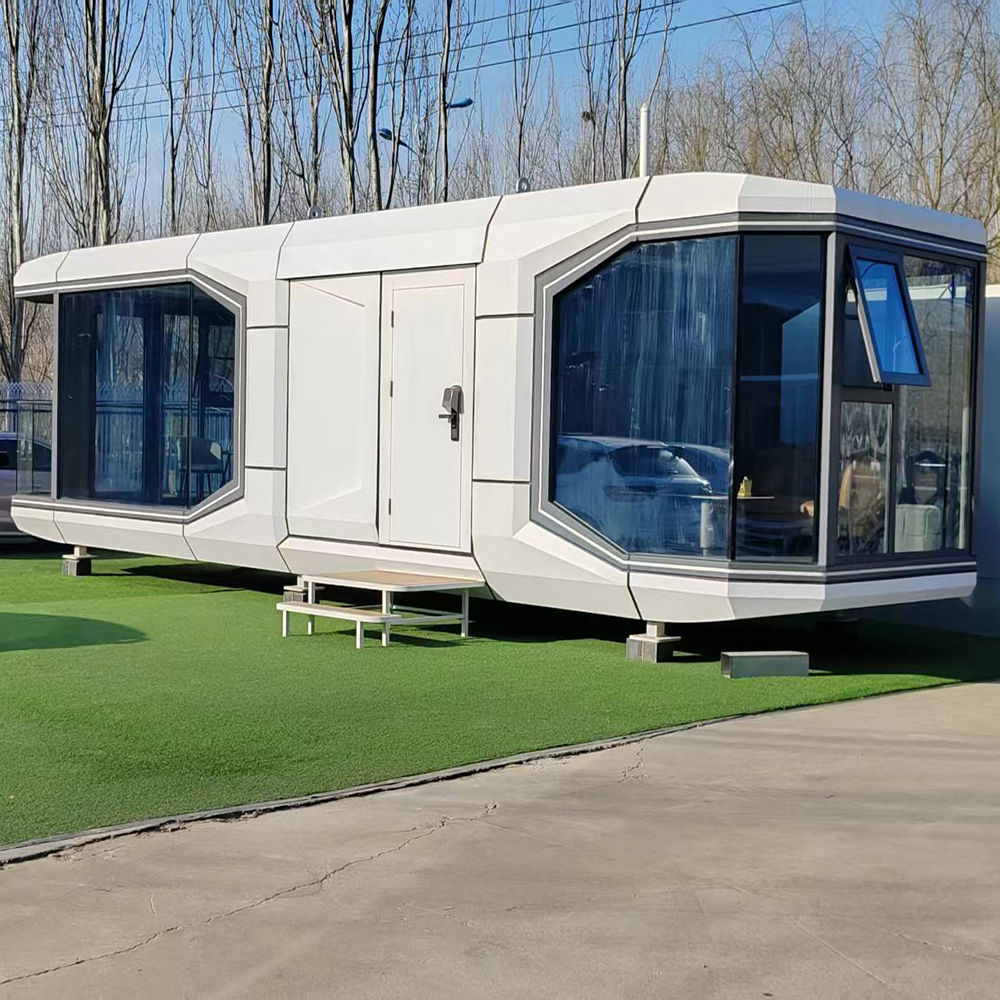 Luxury High Quality 2 Bedroom Container Home Prefabricated Steel Space Capsule for Office Shop Hotel or Outdoor House
Luxury High Quality 2 Bedroom Container Home Prefabricated Steel Space Capsule for Office Shop Hotel or Outdoor House -
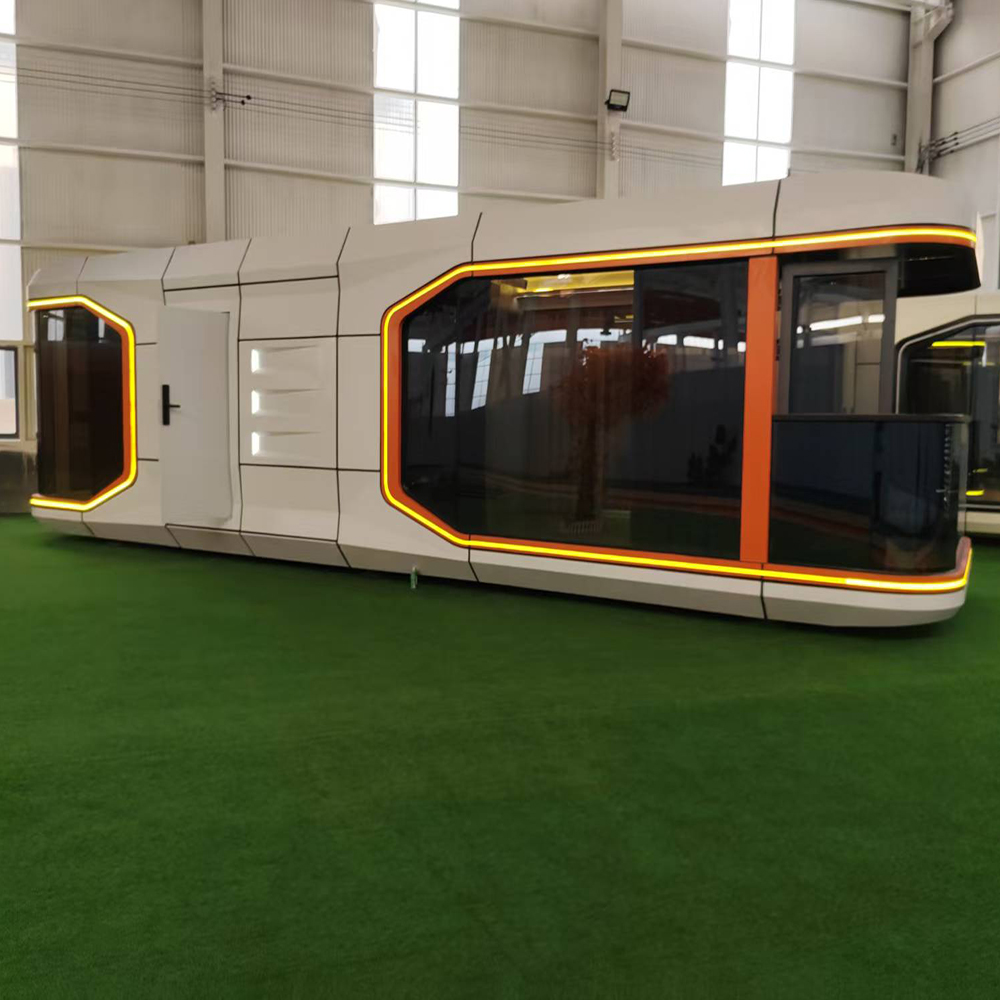 Standard Modern Camping Pod Space Prefabricated Portable Mobile Capsule Room Hotel Bathroom Prefabricated Spaceship House
Standard Modern Camping Pod Space Prefabricated Portable Mobile Capsule Room Hotel Bathroom Prefabricated Spaceship House -
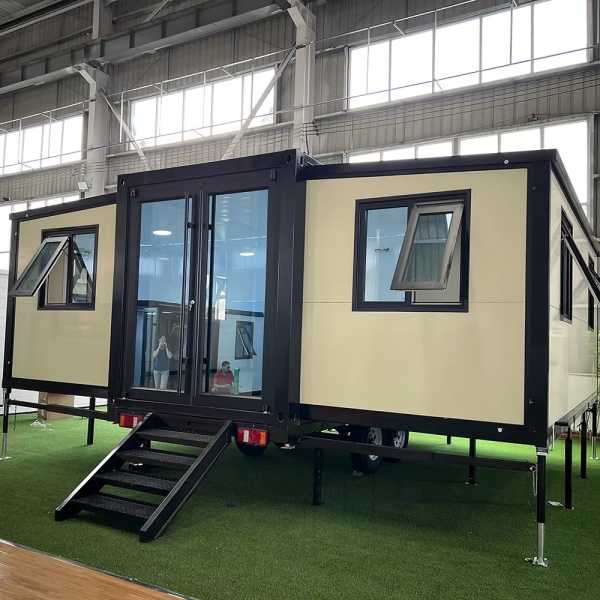 Stair Access Double Wing Expandable Container House | Easy Installation Mobile Office
Stair Access Double Wing Expandable Container House | Easy Installation Mobile Office -
 Customized Expandable Container House Holiday Home Folding Prefab Container House with Bathroom and Kitchen
Customized Expandable Container House Holiday Home Folding Prefab Container House with Bathroom and Kitchen -
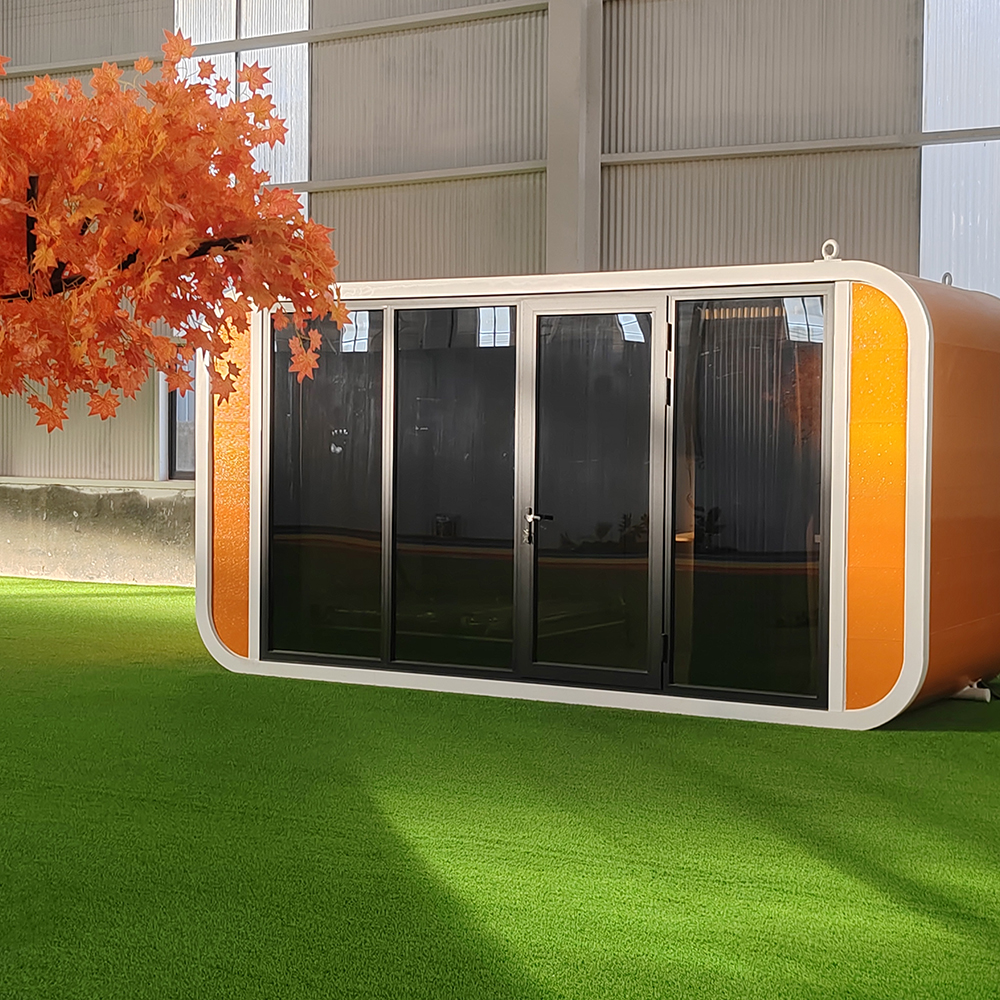 Luxury Prefabricated Living Container House Modular Glass Tiny House Prefab Container Home Apple Cabin
Luxury Prefabricated Living Container House Modular Glass Tiny House Prefab Container Home Apple Cabin -
Two Wing Folding Expandable Container House
-
 Customized Two Wing Folding Expandable Container House
Customized Two Wing Folding Expandable Container House -
 Movable Prefabricated Container House Villas Modular Portable Homes 1 Bedroom Container House Offices Apartments
Movable Prefabricated Container House Villas Modular Portable Homes 1 Bedroom Container House Offices Apartments -
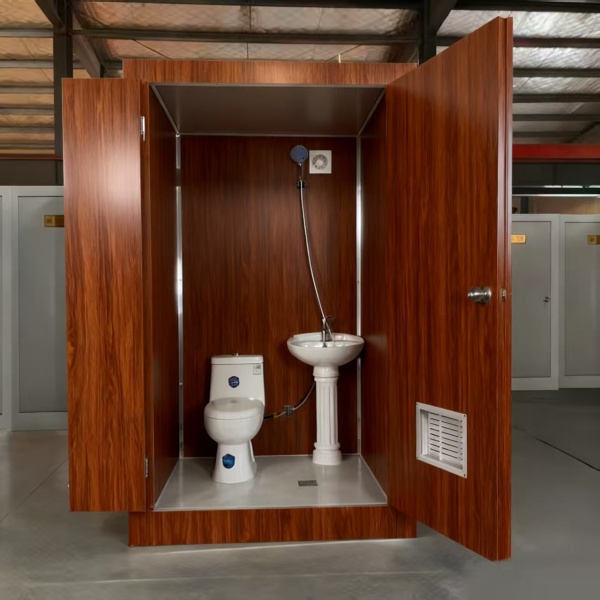 Portable outdoor camping bathroom, mobile toilet, prefabricated modular villa & rental of outdoor and indoor showers
Portable outdoor camping bathroom, mobile toilet, prefabricated modular villa & rental of outdoor and indoor showers -
 Reasonable Price 1 Bedroom Modular Container House Folding Container Home for Villa or Apartment Use
Reasonable Price 1 Bedroom Modular Container House Folding Container Home for Villa or Apartment Use -
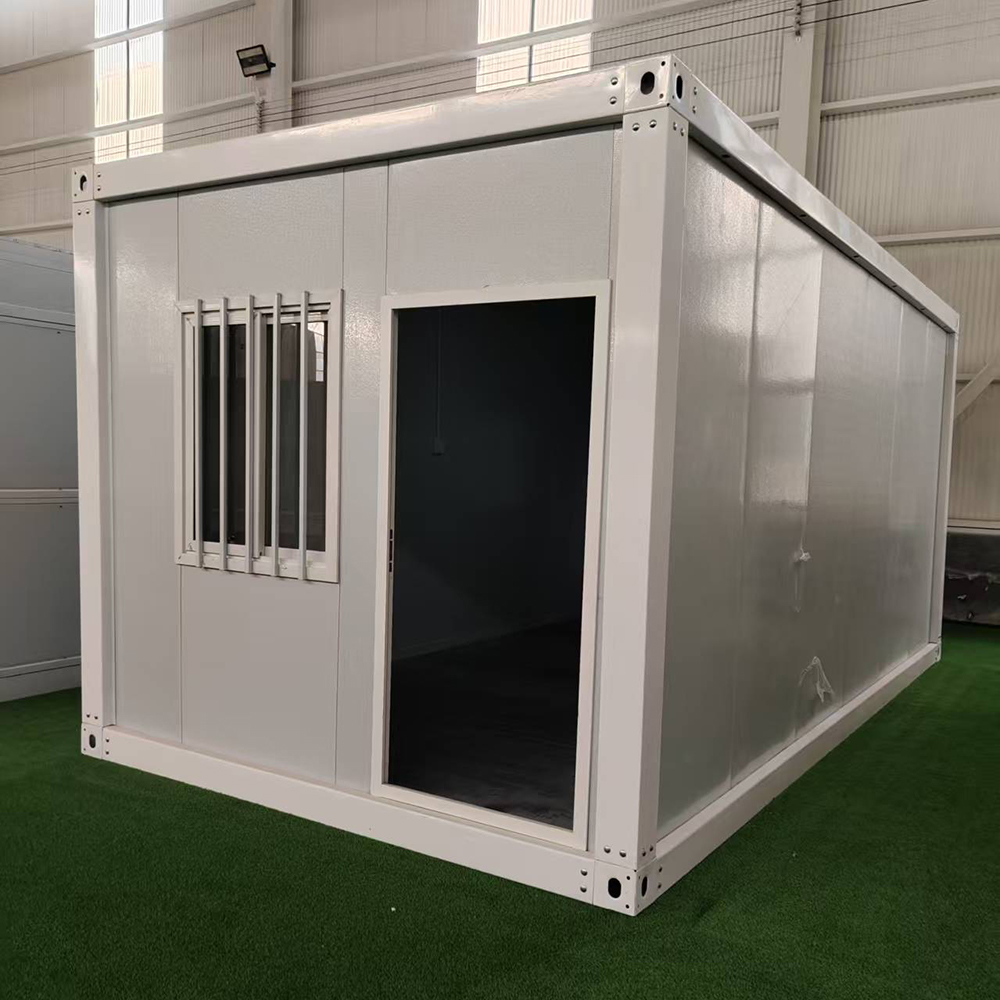 Folding Container Moving House Modular Office Container House Prefab Container for Outdoor Use
Folding Container Moving House Modular Office Container House Prefab Container for Outdoor Use -
 Hot-selling foldable container houses, expandable prefabricated houses, suitable for office or living use, with fast delivery.
Hot-selling foldable container houses, expandable prefabricated houses, suitable for office or living use, with fast delivery.
Related search
Related search- mobile expandable prefab house 15ft x 20ft
- trailer that folds out into a house
- madi folding house
- China container house prefabricated villa
- China container house luxury prefab homes prefabricated
- Buy expandable prefab mobile house prefab home 19x20ft mobile home
- China a frame folding house
- Buy prebuilt container house
- Buy fold up container house
- space capsule villas










